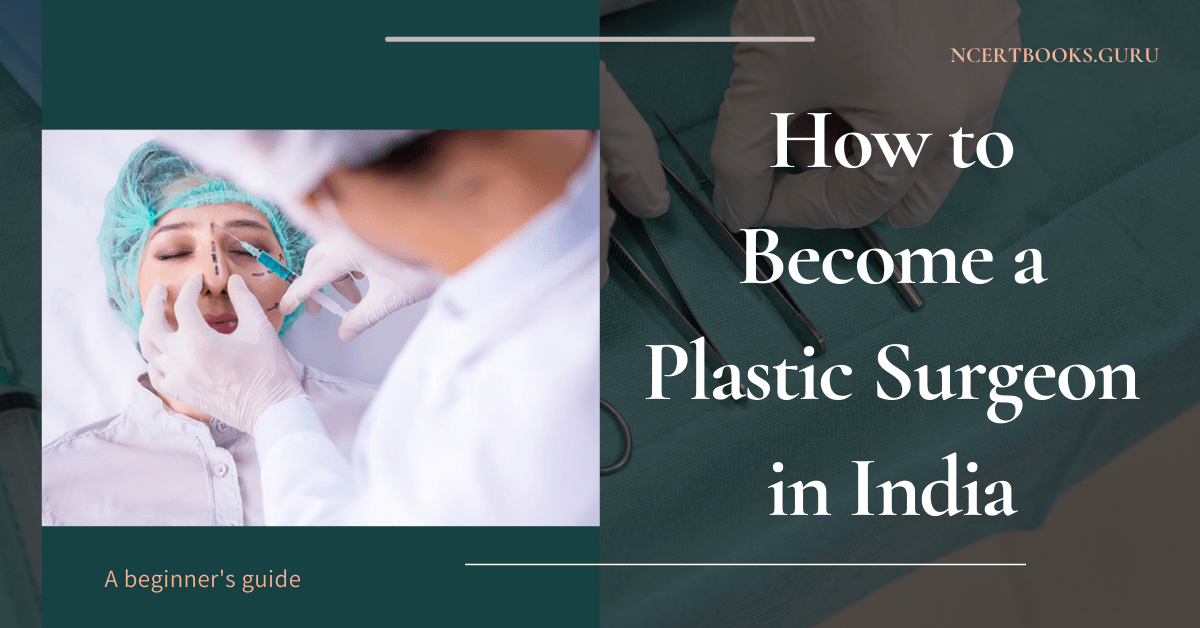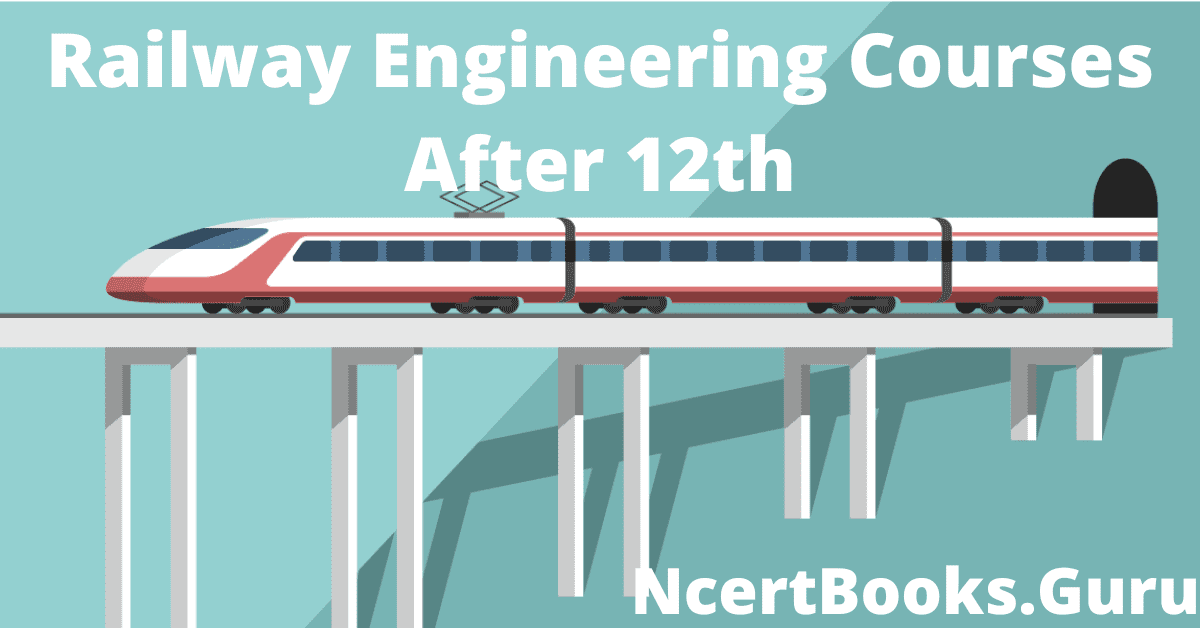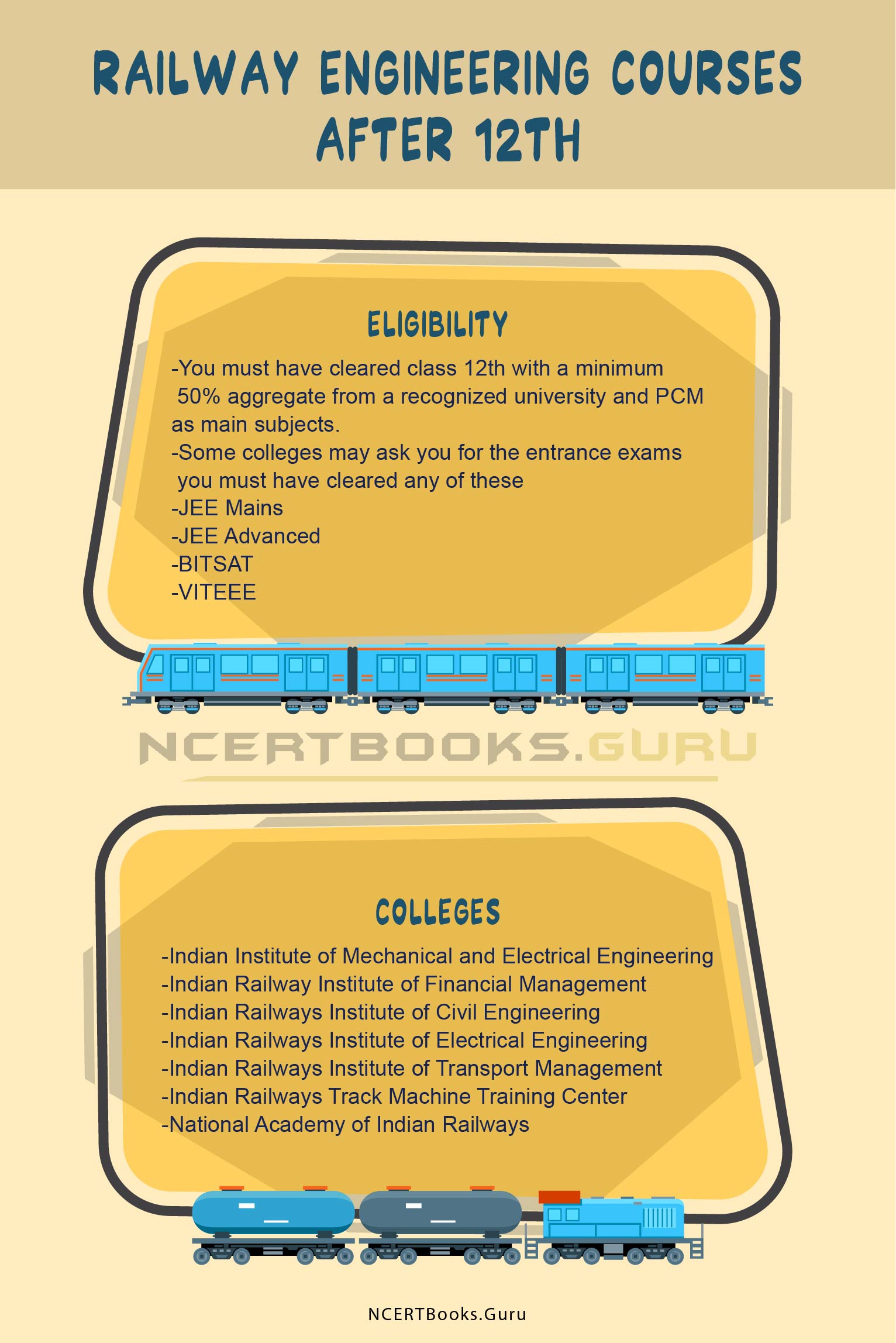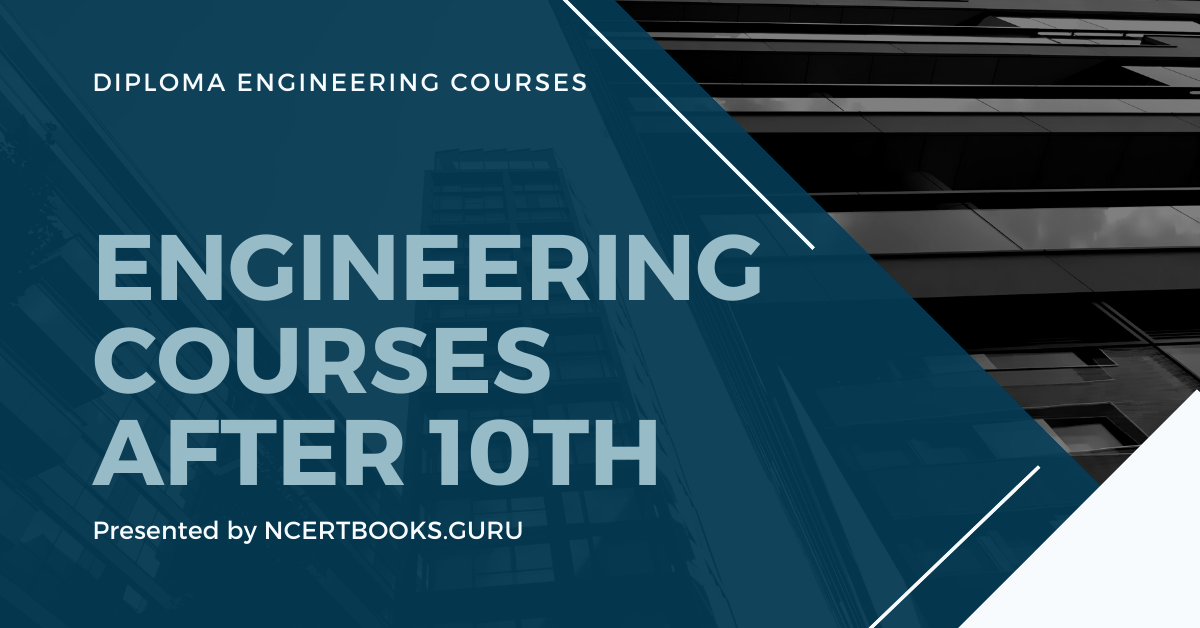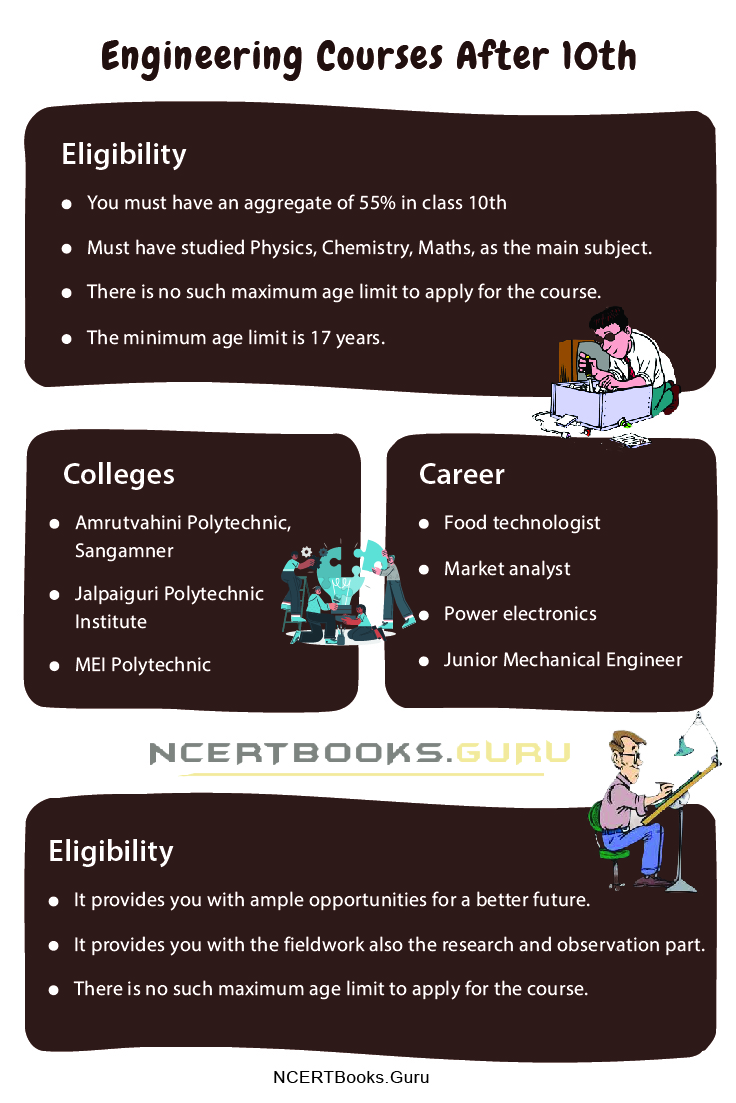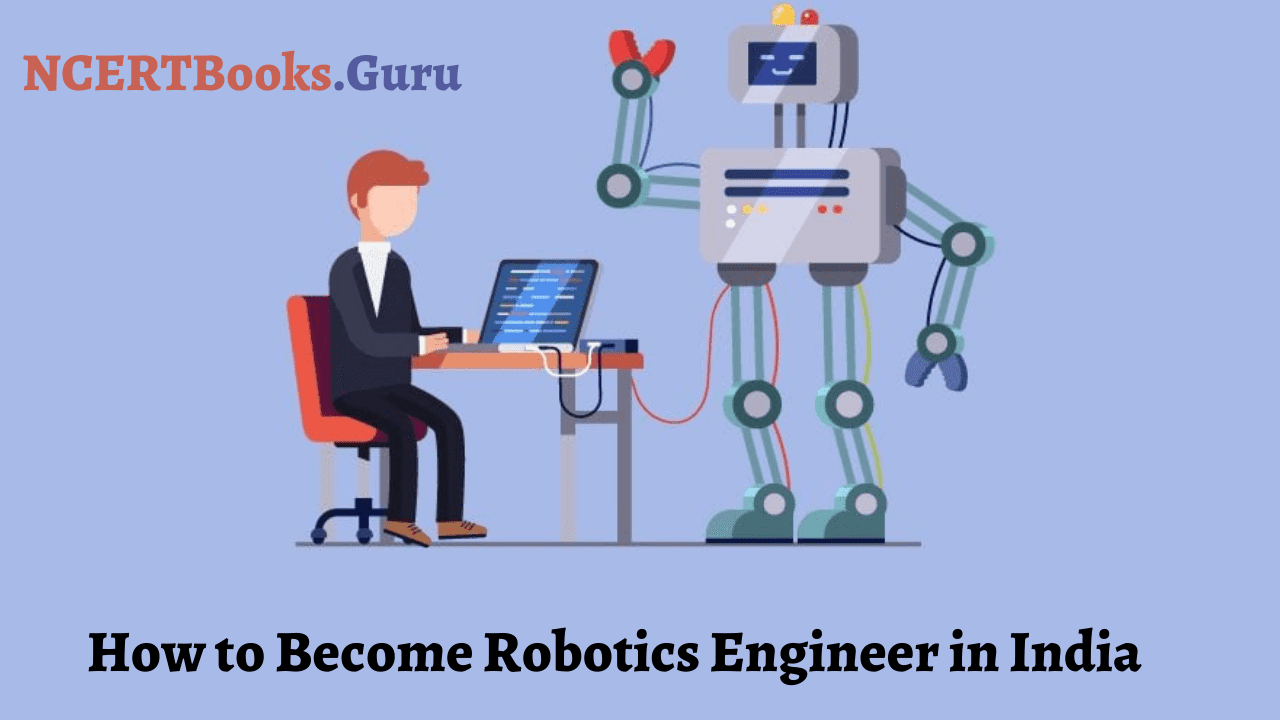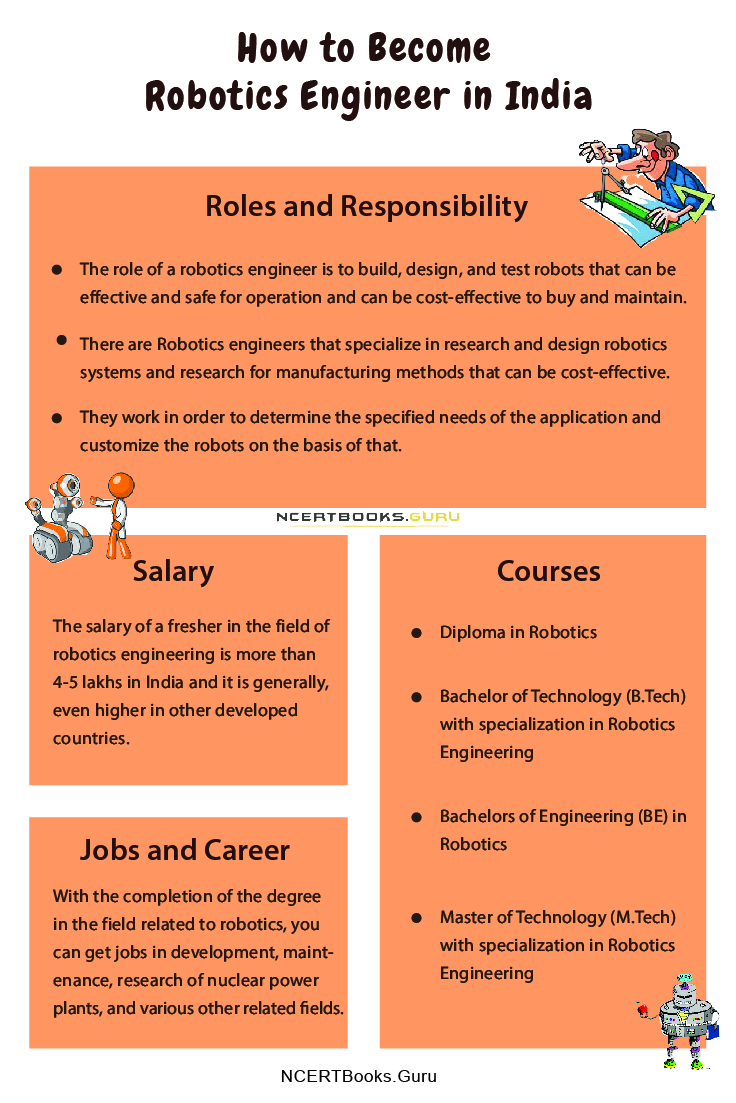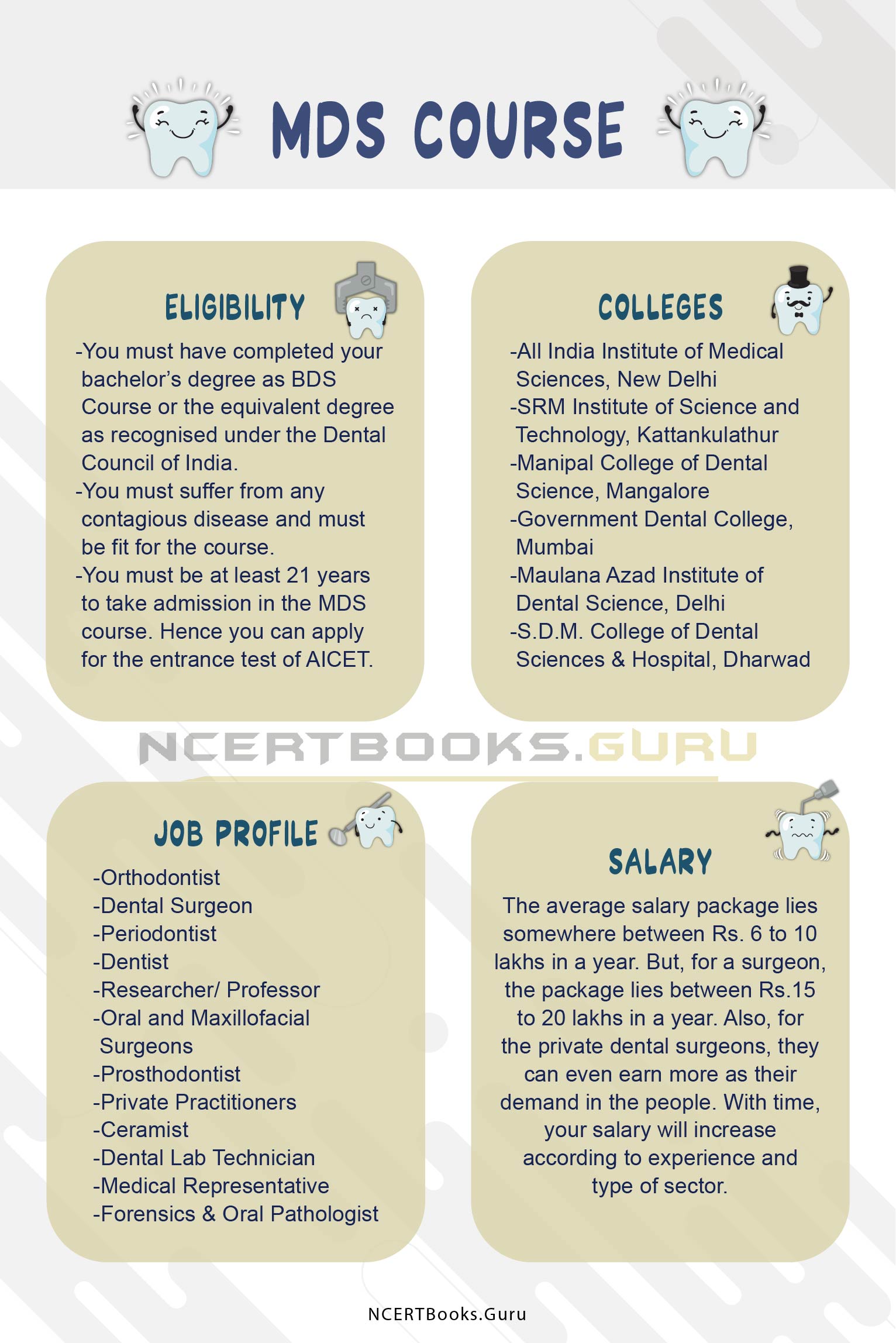How to Become a Plastic Surgeon in India: Plastic surgeons employ medical treatments and applications to alter & amplify the patient’s exterior appearance. The primary job of the plastic surgeon is to operate on the patients and make a certain desired part of their body more visually appealing.
There are various types of Plastic Surgeons such as Reconstructive & Cosmetic Surgeons. Both the domains have their own significance and are currently one of the most sought-after spheres in the terms of surgery.
Plastic Surgeons can repair any external damage caused by outward occurrences. However, the process of becoming a Plastic Surgeon in India is a long-drawn-out but can secure a few of the most reputed medical posts for the aspirants.
In this article, you will get a glimpse of how to become a plastic surgeon step by step in India along with additional information that could help you in initiating your journey as a plastic surgeon:
What is a Plastic Surgeon?
Plastic Surgery is a domain interconnected to Medicine. It majorly focuses on the restoration, reconstruction and modification of the human body. The Plastic Surgery Path is primarily acquired by the patients either to change the appearance or the working of a certain body part. Plastic Surgery can rejuvenate bones, muscles, skins and cartilage, which eventually will result in pleasing looks.
There are two vital classifications of Plastic surgeries viz. Reconstruction & Cosmetic Surgery. Reconstruction Surgery focuses on retaining & reviving a certain body part such as Burns. However, Cosmetic Surgery particularly concentrates on enhancing the outer appearance of the body part on which the surgery is being performed.
Both the domains of Plastic Surgery are equally requisite and both focus on enhancing & fixing the difficulties faced by the person externally i.e. in terms of their appearance.
How to become a Plastic Surgeon in India After 10th, 12th & Graduation?
Conserving a Plastic Surgeon designation in India could be overwhelming and is an extremely ever-lasting process. A plastic Surgeon is a domain to be sought-after and hence one of the most common questions by the aspirants is How to Become a Plastic Surgeon in India. Listed below are a few steps you can refer to become a Plastic Surgeon in India:
- How to become a Plastic Surgeon after 10th
- After Class 10th, one has to begin with their foundation course and must at least score 50% in grade 10th to opt for Science Field.
- How to become a Plastic Surgeon after 12th
- The candidate must enrol in a Science field with Physics, Chemistry & Biology Combination.
- The candidate must clear 10+2 with a minimum of 50% aggregate and must go for entrance tests required for MBBS.
- How to become a Plastic Surgeon after MBBS
- The candidate must have 5 ½ years of MBBS degree followed by 2-3 years of (M.S.) Plastic Surgery Course.
After getting authorized by the Medical Council of India, the candidate will be all set to practice plastic surgery in various hospitals across the Nation. If the candidate desires to go for further studies, they can go for Plastic Surgery (M.Ch.) & this degree would lead them to research.
Do Check:
Steps To Become A Plastic Surgeon in India
All you need to do to be a plastic surgeon in India is to follow the below necessary information like qualifications, top colleges, admission, entrance exams, fees, and then career scope. If you get familiar with these details then you will definitely become the best plastic surgeon in India.
Eligibility Criteria to become a Plastic Surgeon in India
Similar to any other domain, there are a few obligatory criteria that the plastic surgeon needs to fulfill in order to become a Plastic Surgeon in India. Mentioned below are a few requirements that the candidates need to tick to become a Plastic Surgeon:
- Students must have completed their 10+2 with the Physics, Chemistry & Biology subject combinations.
- The aspirant must have cleared all the medical entrance tests required to enrol in a well-recognized university such as NEET, AIIMS, etc.
- The candidate has to complete four and a half years of MBBS degree along with one and a half years of specialization training in Masters in Plastic Surgery (M.S.)
The eligibility criteria can vary based on the university that the candidate wishes to enrol in.
Best Colleges and Fees Structure To Join for Plastic Surgeon Courses in India
Since Plastic Surgery is a pre-eminent degree, the candidate must attain it from a well-famed university. Mentioned below are a few top-notch universities in India for Plastic Surgery along with their fees structure:
| Top Colleges | Fees (per annum) |
| CMC Vellore- Christian Medical College | ₹ 554,178 |
| St. Johns Medical College, Bangalore | ₹ 2,642,320 |
| AIIMS Delhi- All India Institute of Medical Sciences New | ₹ 6,775 |
| MS Ramaiah Medical College, Delhi | ₹ 3,000,000 |
| AFMC, Pune- Armed Forces Medical College | ₹ 3,00,000 |
| IMS BHU- Institute of Medical Science Banaras Hindu University | ₹ 161,504 |
| Grant Medical College, Mumbai | ₹ 415,200 |
The universities listed above are sorted as per the rank and hence these are the top 8 universities in India to pursue M.S in Plastic Surgery. The candidates can either go to government colleges or private. It depends on the score secured by the candidates in the medical entrance tests.
Also Refer:
Skills required to be a Plastic Surgeon in India
Becoming a plastic surgeon in India could be tough but not when an individual possesses the correct set of skills accompanied by a strong passion for the field. Jotted below are a few indispensable skills that the aspirant has to possess in order to become a Plastic Surgeon in India:
- Communication
- Patient-interaction
- Eye for detail
- Problem-solving
- Emotional Intelligence
- Decision-making skills
- Teamwork & Leadership skills
- Resilience
- Learning capacity
New transformations come up in medicine every day and hence the surgeon must be open to learning new things round the clock. The other mentioned skills will enhance the surgeon’s capability to perform surgeries effortlessly.
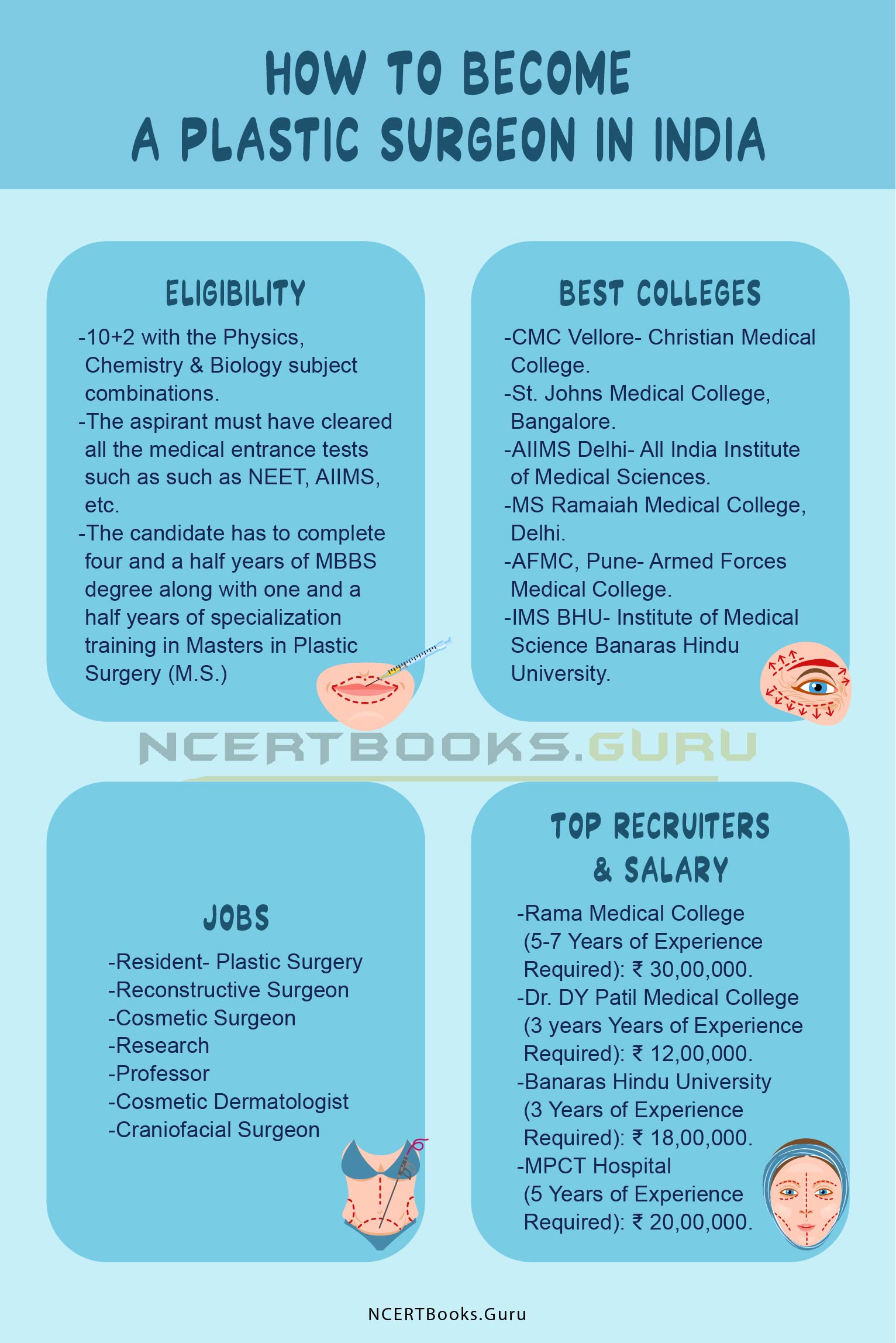
Jobs for Indian Plastic Surgeons
Plastic Surgery is a major domain in itself and it has an extremely precise job list that one can go for. However, medicine bestows neverending employment opportunities but to ace and secure a job in the Plastic Surgery domain, one has a few options to choose from:
- Resident- Plastic Surgery
A plastic surgery resident is a significant step if one has to become a Plastic Surgeon. The resident performs the surgery & provides postoperative facilities under the supervision of the attending physician.
- Reconstructive Surgeon
A reconstructive surgeon repairs and enhances damaged body parts. It could be wound care, micro flap procedure, burn treatments, lifting, reshaping & so on.
- Cosmetic Surgeon
This plastic surgeon amplifies and alters one’s exterior appearance in order to serve the desired outer looks. These surgeons focus on transforming the desired area into a more visually appealing form. These surgeons are highly in demand as numerous people go for these artificial standards.
- Research
After completing their M.S. (Plastic Surgery) candidates can go for (M.Ch.), which could take them to the research sphere. They can come up with new ideologies in plastic surgery by implementing all the knowledge that they have acquired.
- Professor
After attaining an obligatory degree in the Plastic Surgery discipline, one can always apply for teaching as well. The candidates can apply to recognized universities to secure a job as a professor.
- Cosmetic Dermatologist
A Cosmetic Dermatologist can resolve all the skin-bounded problems faced by the patients by executing their medical knowledge to repair the skin & its appearance.
- Craniofacial Surgeon
These types of surgeons mainly deal with facial muscles of the face, head & skull. They enhance and provide beautification of the organs affiliated with the facial muscles solely.
Apart from all of these designations, candidates can start their clinic too. However, both types of surgery (Reconstructive & Cosmetic) have their significance, the candidate must be of utmost assurance before selecting a specific major domain as a career. The candidates can apply in private as well as in government hospitals to fuel their careers.
Career after becoming a Plastic Surgeon | Scope of plastic surgery in India
Plastic Surgeons in India are becoming an upswing career pathway. With ever-evolving lifestyles and constantly unmatched beauty standards, people adapt the way of plastic surgery. The career after plastic surgery in India would be developing and would procure more opportunities as people frequently alter their outer appearance.
The surgeons are obliged to consult the patient’s family before the surgery. Further, the plastic surgeon will take all the tests required to ensure that the patient is eligible for the surgery. Followed by which, the surgeon will provide post-surgery care and will take care of the entire treatment process.
Plastic Surgeons can either secure a position at Hospital or can come up with their clinic. Either way, the plastic surgeon will get to come across patients with external difficulties & curing those external errors would be a permanent requisite for the Plastic Surgeons. These surgeons need to gain proficiency in handling tools and techniques.
However, they need to initiate a residential practice under a mentor, and eventually, they can go into the beauty industry, trauma treatment & so on.
Must See:
Top Recruiters & Plastic Surgeon Salary in India
Before applying for any job as a Plastic Surgeon, the aspirant must have passed all the degrees and must have gained all the authorizations required from the government of India.
Mentioned below are a few top recruiters in India that hire plastic surgeons along with information on the salaries offered by them:
| Recruiter | Salary Offered (per annum) |
| Rama Medical College
(5-7 Years of Experience Required) |
₹ 30,00,000 |
| Dr. DY Patil Medical College
(3 years Years of Experience Required) |
₹ 12,00,000 |
| Banaras Hindu University
(3 Years of Experience Required) |
₹ 18,00,000 |
| MPCT Hospital
(5 Years of Experience Required) |
₹ 20,00,000 |
| All India Institute of Medical Sciences
(3 Years of Experience Required) |
₹ 12,00,000 |
| Satya Hospital
(25 Years of Experience Required) |
₹ 102,00,000 |
| PGIMER
(3 Years of Experience Required) |
₹ 12,00,000 |
| Max Smart Super Speciality Hospital
(3 Years of Experience Required) |
₹ 20,00,000 |
Many more hospitals such as All India Institute of Medical Science, Apollo hospitals, Asian Institute of Medical Science, Armed Forces Institute of Plastic Surgery, National Institute of Health, and The Central Bureau of Investigation offer great packages and employment opportunities to Plastic Surgeons.
The salary of a Plastic Surgeon entirely depends on the years of experience they have acquired. However, they can expect a hike in salary if they have higher experience.
FAQs on How to become a plastic surgeon after BDS
Q1. Is it necessary to give entrance exams for Masters’s in Plastic Surgery?
Ans. Yes, entrances such as PG-NEET, PGIMER & AIIMS are a few well-known entrances for the Plastic Surgery course.
Q2. How many types of Plastic Surgeons are there?
Ans. There are 2 types of plastic surgeons in India viz. Reconstructive & Cosmetic Surgeons
Q3. How many years to become a plastic surgeon in India?
Ans. It can take upto 13-14 years to establish a great career as a Plastic Surgeon.
Conclusion
Plastic surgery itself is segregated into multiple realms such as Cosmetic dermatologists, Craniofacial surgeons, and so on. All these degrees are to be pursued once the candidate has surpassed their MBBS along with specialization.
For additional informative articles on various course details, and further effective information about How to Become a Plastic Surgeon in India, bookmark or visit our site @Ncertbooks.guru
